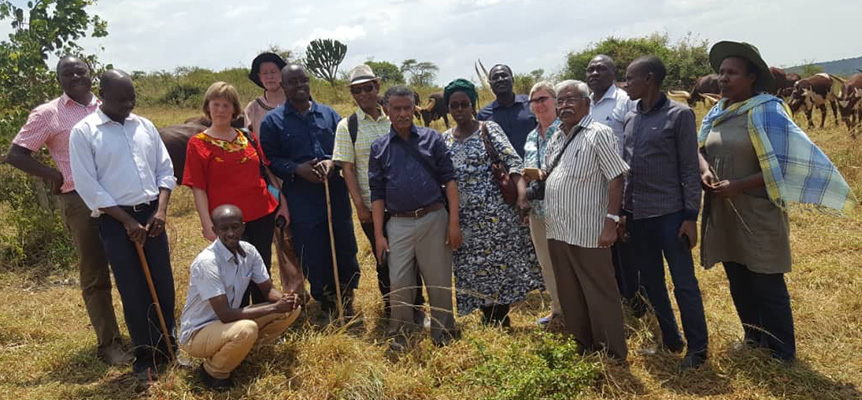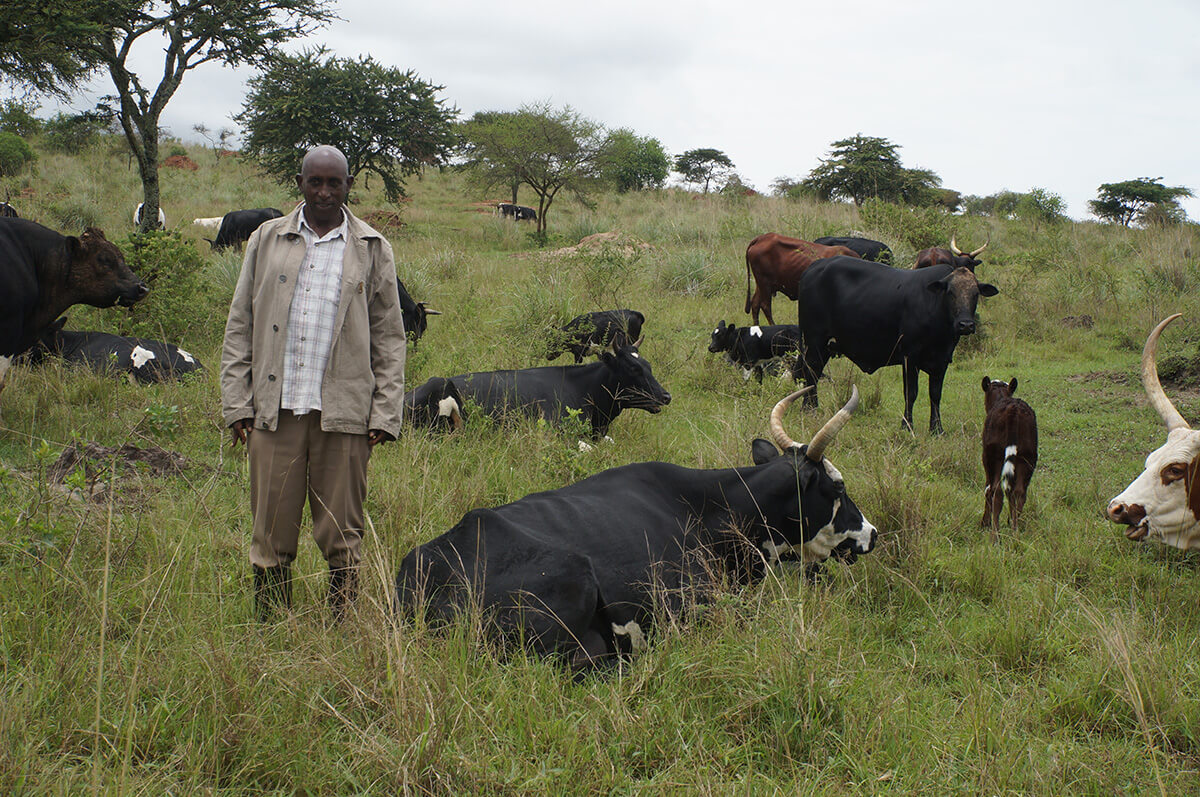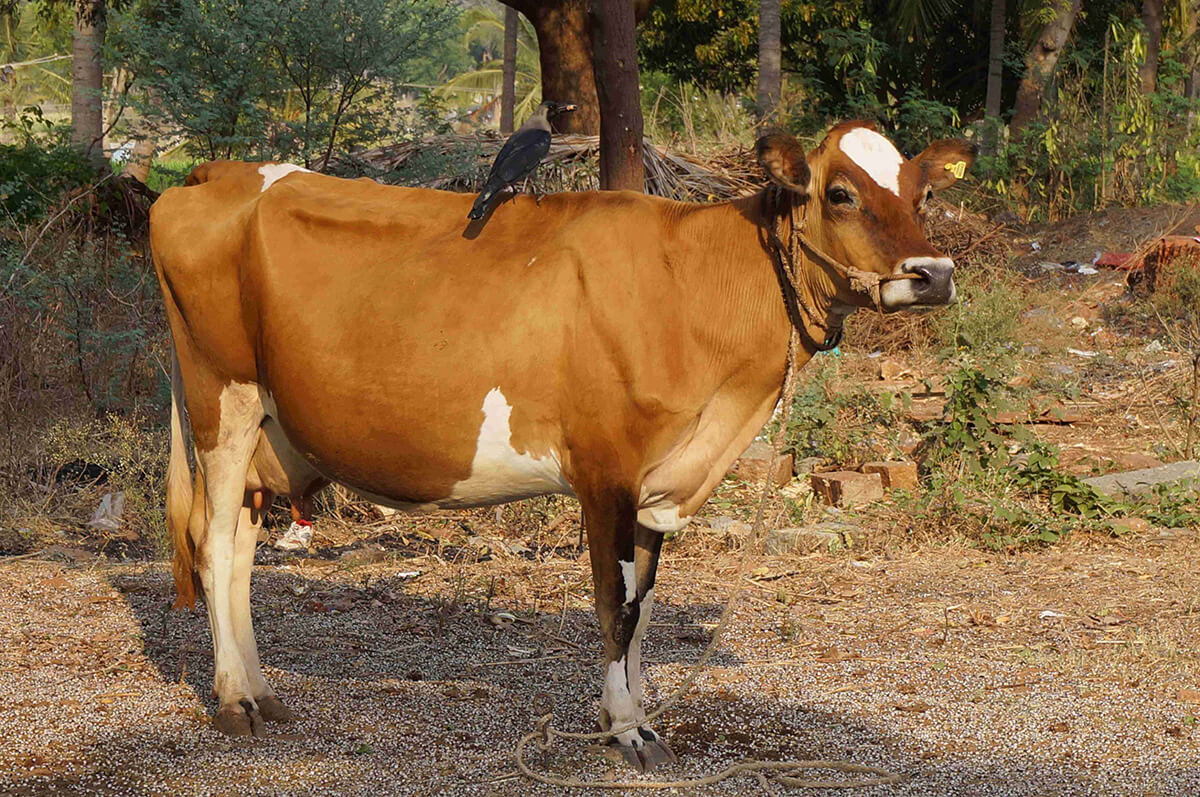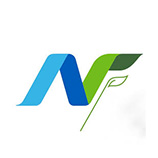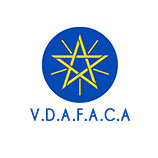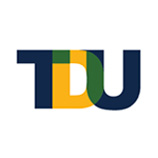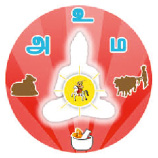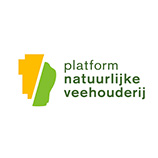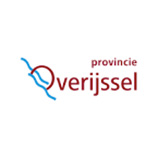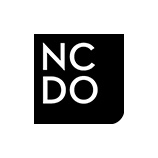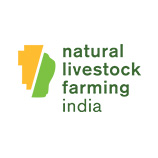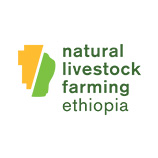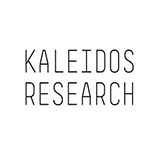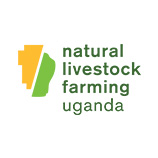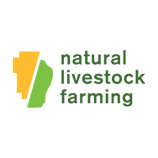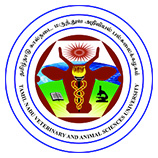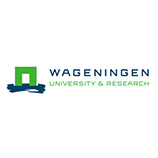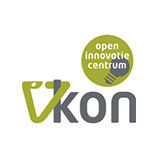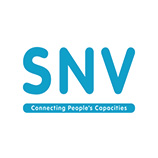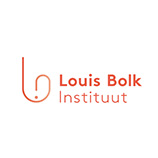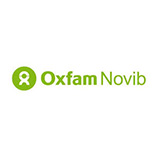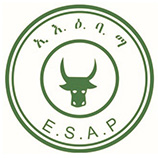Why Natural Livestock Farming?
The current COVID-19 virus pandemic and the climate change crisis are wake-up calls for public health, food security and food safety worldwide. We have to drastically change our habits and take care of our planet in a more sustainable way.
Microbes resistant to antibiotics are a global challenge – and dairy modernization programs tend to worsen this problem. The current western practices of intensive dairy production have increased the incidence of cattle disease and mortality – especially in developing countries. This leads to increased use of antibiotics and other chemical veterinary drugs, reduced income of dairy farmers and impaired food safety due to higher levels of chemical residues in livestock products and the environment. In turn this increases resistance of microbes against crucial antibiotics for human treatment. Moreover, drug residues from dairy production affect the quality of water and soils, as well as biodiversity. See the NLF Problem Tree.
Approach
The mission of the Foundation for Natural Livestock Farming (NLF) is to reduce the use of antibiotics and other veterinary drugs through natural ways of improving cattle health and wellbeing. The network is spearheading a One Health approach, focusing on cattle health with added positive effects on human and environmental health.
Between 2014-2016 Dutch Farm Experience headed the successful E-Motive exchange program between Netherlands and India, Ethiopia and Uganda, providing alternatives for the use of antibiotics and other chemicals in dairy farming – see E-Motive impact story on Natural Livestock Farming
Since 2014 farmers, livestock scientists and veterinarians from the four countries have developed and tested the NLF 5-layered approach to improve cattle health and farmers income. This includes:
- Appropriate management of animals
- Strategic use of local breeds
- Use of herbs and other natural products
- Food quality control
- Improved farm income through cost reduction and direct mareketing.
The NLF international network is promoting herbal formulations and other time-tested methods, applied in a new context, to improve cattle health and reduce the use of antibiotics and other chemicals such as insecticides and de-wormers. Core strategies are awareness campaigns, training, action research and exchange of best practices. The focus on bottom-up experimentation and peer to peer exchange is additional to existing initiatives in this field. This opens up opportunities that more conventional programs fail to unlock. And provides opportunity for increased farm income, better child nutrition, improved food quality and biodiversity.
As NLF network we provide support to international dairy development programs including training on herbal medicine, exchange of best practices, pilots, awareness campaigns, and action research. See also NLF goals and activities 4 countries.
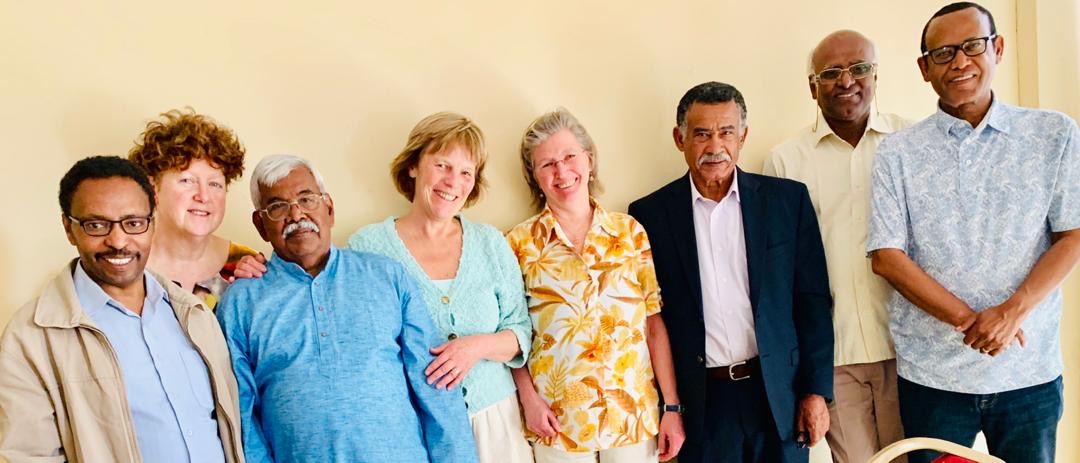
Leadership
The movement towards Natural Livestock Farming is based on the long-standing collaboration between Dr. Katrien van’t Hooft in the Netherlands, Dr. Nair in India, Dr Getachew Gebru in Ethiopia and Elizabeth Katushabe in Uganda. Together they form the International NLF executive Board. For decades we have collaborated and joined our passion to strengthen farmers in their knowledge, challenges and aspirations.
Katrien van ’t Hooft (DVM, MSc) a Dutch veterinarian, director Dutch Farm Experience; NLF international secretariat, representative NLF-Netherlands
Dr. M.N.B. Nair: botanist at Centre for Ethno-Veterinary Science and Practices at Trans-Disciplinary University (TDU) in Bangalore, India. Representative NLF-India at GLOHMSIWA.
Dr.Getachew Gebru Tegegn, PhD livestock scientist, former President (2010-2019) Ethiopian Society of Animal Production (ESAP); lead of NLF pilot Enhancing Safety and Quality of Milk in Ethiopia. Representative NLF-Ethiopia.
Elisabeth Katushabe: Ugandan livestock keeper and lobbyist for Ankole Longhorn cattle at international fora. Represents the voice of female cattle keepers. Representative NLF Uganda.
The NLF general board comprises of:
Dr. Unnikrishnan Payyappallimana, an Indian medical anthropologist with PhD on International Development Studies, is president of the NLF Board. His main interest is in community health and development, as well as biodiversity conservation. He is currently engaged in the United Nations University- International Institute of Global Health, Kuala Lumpur, Malaysia, visiting Professor at Transdisciplinary University (TDU), Bangalore, India, and the SRM School of Public Health in Chennai, India.
Hester Foppen (MSc), Dutch secretary of the NLF board, was trained in language and arts and has worked with coffee growers in Dominican Republic. Current position as senior project officer at Aqua for All, an organization for international cooperation in water management.
Arjen Dijkstra, Dutch treasurer of the NLF board, was trained in Agricultural information science and has worked in different Dutch companies on cattle improvement and breeding. Currently an independent agri-business consultant in Dijkstra Agrimarketing.
Taffese Mesfin (DVM), member of NLF board, is a veterinary pathologist and expert in traditional herbal practices in Ethiopia. He worked for the Ethiopian Ministry of Agriculture and several international NGO’s, currently general manager for the Ethiopian Milk Processors Industry Association (EMPIA) and chairman for the North East Africa Livestock Council (NEALCO). He has dedicated an important part of his veterinary career to research into and promotion of the indigenous pastoralist veterinary practices.
Reviews What others say
The two farms were very relevant. They present the actual coping mechanisms to deal with current problems, climate change, high cost of production, loss of biodiversity and consumer preferences. Consumers are willing to pay a premium price when their expectations are met. Recycling of nutrients is key for a balanced livestock system.
Nice experience. Interesting to learn new ways how Dutch farmers are thinking differently and making money in their own way. The excursion was quite informative – and what works especially for developing countries is to change our perception and critically think what works for us, instead of replication all the information
I enjoyed the day. Learnt a lot about the Dutch dairy system. Impressed by how much knowledge the farmer has. Motivated to go back home and review my lecture notes as a university teacher, and looking forward to creating positive change in my country through the knowledge acquired.
It was a really nice experience. I was very surprised that you are basically telling us to consider the local knowledge and traditional practices when adapting dairy programs. Quite often what we hear is ‘the best practices are always in developed countries’. Would like to collaborate with you in the future.
The day was so amazing. How farmers teach us like scientists? They know everything in detail! It is so surprising. The presentation was also so informative and I personally learnt a lot from it. I prefer such exposures for next trainees from Africa and Asia, so that they can take something to home.
I found the program today to be very informative and Fun. I learned a lot about farming, both in the Netherlands and throughout the world. This day was a fantastic experience and I enjoyed getting out of the city!
Please continue to work on the herbal medicine, you will change the world one day!
Though this program was awesome! Very educational and engaging. Excellent program.
This has made me look at dairy with a different eye.
It was very comforting to see that dairy farming in Uganda has a very good opportunity to choose the direction of investment and development of organic farming.

